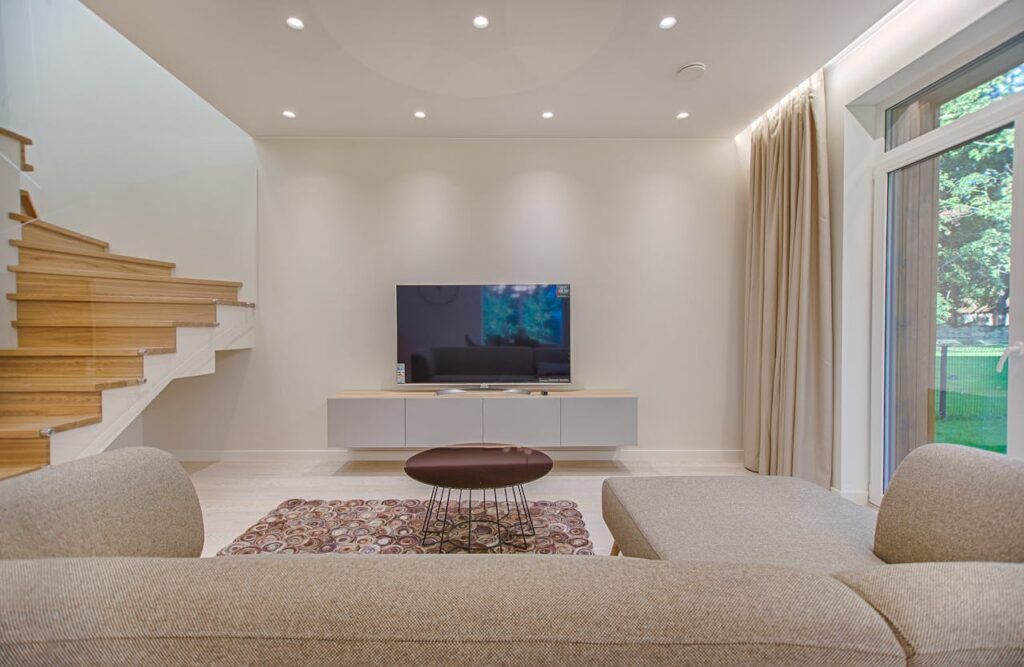Defining Sustainability in Home Building
Sustainable home building is more than a catchphrase; it’s a critical movement toward making our living spaces more in tune with the planet’s well-being. When we discuss sustainability, we’re referring to practices that limit negative environmental impacts, enhance the health and comfort of home occupants, and reduce operational costs over time. Such practices are integral in the planning and developing of new construction homes in Gulfport, MS, where developers focus on creating communities that prioritize these principles. Whether it’s the choice of materials that do not deplete natural resources or the design of spaces that keep energy usage to a minimum, sustainability is a comprehensive approach that spans the entire lifecycle of a home.
The Role of Renewable Energy Sources
Using energy from renewable resources, such as the sun, wind, and earth, can revolutionize how houses function without relying on dirty, non-renewable energy systems. Renewable energy solutions like solar panel installations decarbonize domestic energy consumption and are becoming more affordable and accessible, empowering homeowners to make sustainable choices. Additionally, wind turbines and geothermal heating and cooling systems contribute to a home’s ability to harness natural energy, thereby cutting utility costs and offering long-term financial savings. The deployment of these technologies is not just about private benefits, though. When scaled up, they have the potential to contribute significantly to community-wide sustainability initiatives and national clean energy goals.
The current landscape and potential of renewable energy utilization in residential spaces is well documented by authoritative entities such as the U.S. Energy Information Administration, detailing the strategies and impacts of adopting renewable energy sources.
Innovative Building Materials and Techniques
Innovation within the sustainable construction space has opened up possibilities for using unique building materials that are both environmentally friendly and aesthetically pleasing. Examples such as bamboo, which proliferates and is highly renewable, or recycled steel, which eliminates the need for new mining operations, are transforming industry standards. Green construction techniques are equally vital; for instance, modular homes fabricated mainly in a factory setting improve precision, reduce waste, and shorten building timeframes. Such advancements in materials and techniques respect the planet and build resilience in homes, preparing them to withstand various environmental challenges.
Eco-Friendly Waste Reduction and Management
A considered waste reduction and management approach echoes the cradle-to-cradle philosophy, wherein everything has a useful life beyond its initial purpose. Sustainable building practices that embrace this philosophy prioritize the repurposing and recycling materials. For homeowners, engaging in habits like composting organic waste decreases the amount of refuse heading to landfills and creates nutrient-rich soil for gardens. By designing homes that incorporate spaces and systems for proper waste segregation, mindful waste management can become a seamless part of everyday life.
Landscaping for Environmental Harmony
A yard harmonized with the local environment enriches the local ecosystem rather than competes with it. Xeriscaping, which requires minimal water, is increasingly popular in arid climates, while rain gardens can help manage stormwater runoff in wetter regions. Moreover, trees and shrubs positioned correctly around a property can provide shade to reduce cooling needs or act as windbreaks for home protection. Creating a landscape plan that considers regional flora and environmental conditions benefits the local habitats and enhances a home’s beauty and sustainability, ultimately contributing to more extraordinary biodiversity and a healthier planet.
Financial Benefits of Sustainable Homeownership
The financial aspects of sustainable living are compelling. Government programs often provide incentives like tax credits, rebates, and grants to homeowners investing in energy-efficient appliances and renewable energy sources. Such incentives help offset the upfront investment and contribute to substantial savings over time. Moreover, homes built with sustainability tend to have higher resale values, offering an added financial perk to eco-conscious homeowners. These economic factors make embracing sustainability an environmentally responsible and financially savvy choice.

